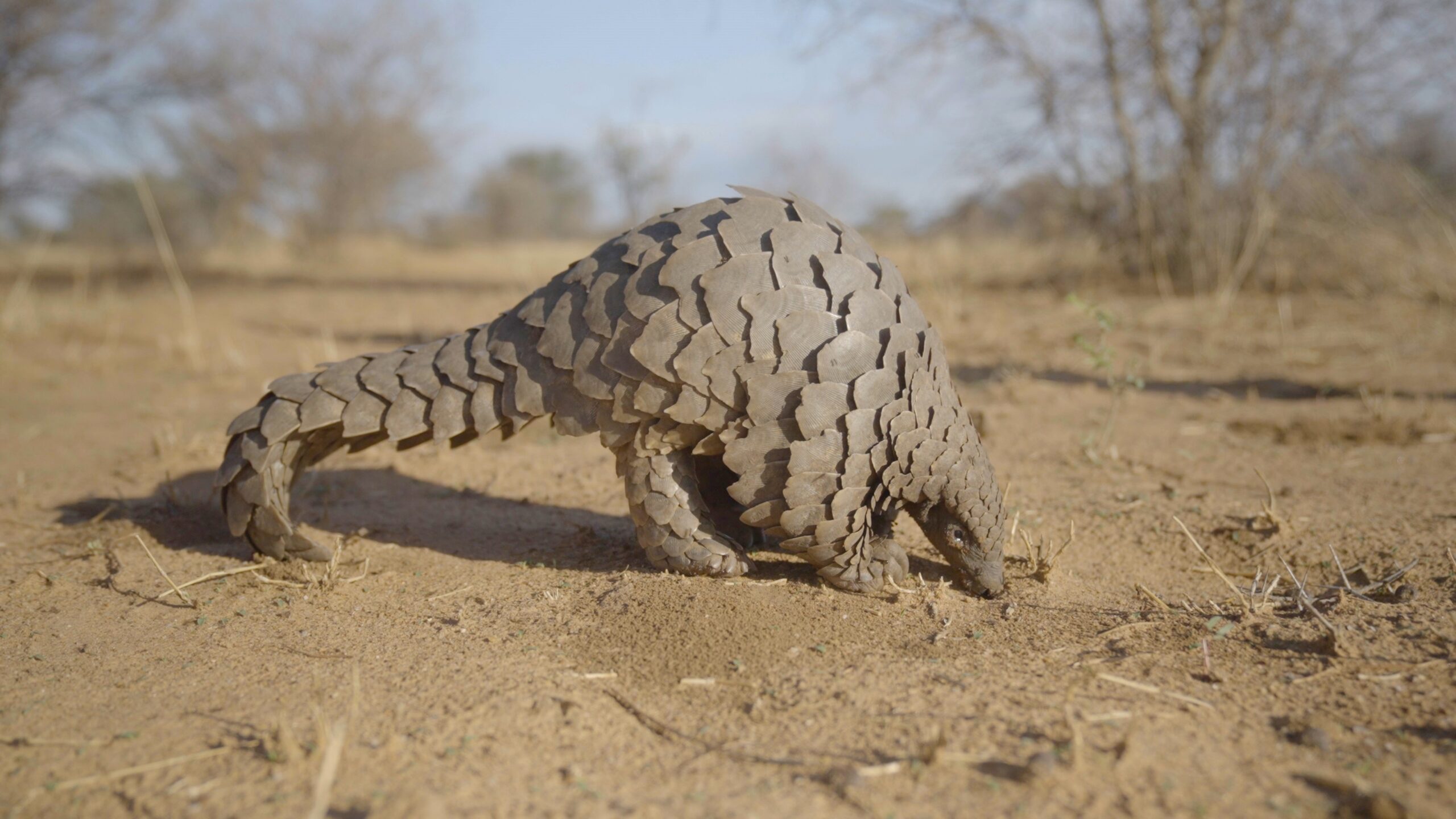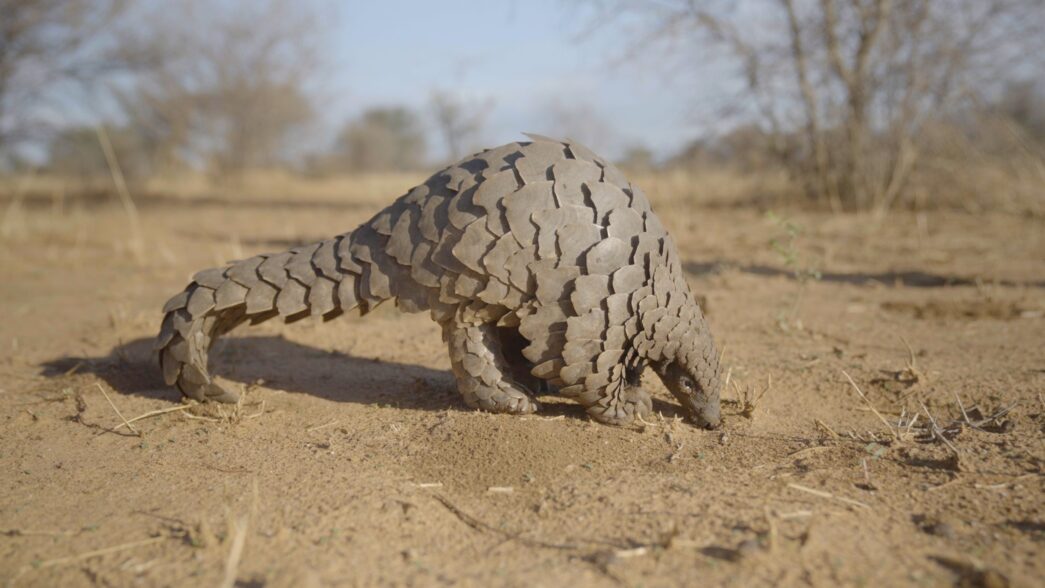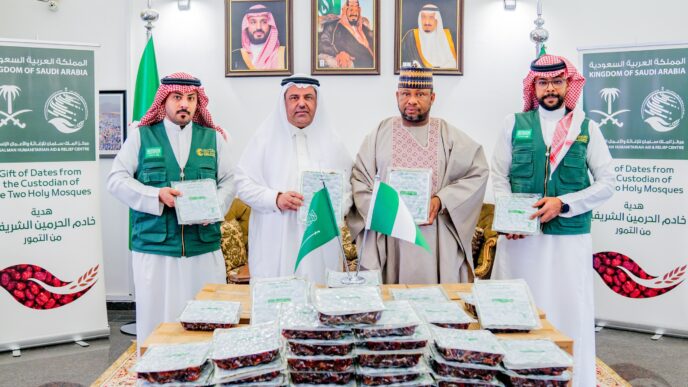Pangolin
Wild Africa, a global non-governmental organisation, has called for the protection of pangolins, the world’s most trafficked mammal, and support for local conservation projects.
In a statement on Saturday to mark World Pangolin Day, the organisation urged the Nigerian government and the public to protect the mammal from extinction and support ongoing efforts to update national wildlife legislation to help combat wildlife trafficking.
Wild Africa said although pangolins are protected by both national and international laws, including the 2016 ban on international commercial trade, high demand for their scales — used in ‘traditional medicine’, especially in Asia — and their meat, eaten as a delicacy, is driving them to extinction.
The NGO said Nigeria has emerged as a global export hub and a prominent player in the supply of pangolin scales primarily to Asia. It said Nigeria was linked to 55 percent of pangolin scales seized globally between 2016 and 2019.
Advertisement
“Seizures of pangolin scales and other illegal wildlife products, as well as prosecutions of such cases, are also on the rise. In December 2024, the Nigeria Customs Service (NCS) arrested a suspected pangolin scale broker and confiscated 2.179 tonnes of pangolin scales, representing approximately 1,100 pangolins. Since July 2021, the NCS and its partners have conducted 16 operations, 35 arrests and 12 convictions, seizing 21,582 tonnes of pangolin scales,” the statement reads.
“Despite these successes, pangolin populations remain at risk, particularly with the demand for their scales in Asian countries like China, where these scales are falsely believed to have medicinal properties.
“In its latest submission to the 78th Meeting of the UN CITES Standing Committee (3-8 February 2025), China proposed a 90% reduction in pharmaceutical and hospital use of pangolin scales by 2026, and a 50% drop in overall medicinal use, with an annual consumption quota of 1 metric ton. While this represents significant progress, conservationists worry that even a 1-ton quota could still fuel illegal trafficking, further endangering the species.”
Advertisement
Wild Africa said Nigeria has taken significant steps to combat the illegal trade of pangolin scales through legislative measures and enforcement.
The NGO said in early 2024, Nigeria introduced the Endangered Species Conservation and Protection Bill, which recently passed a second reading. If enacted, the bill would impose harsher penalties for trafficking in illegal wildlife products such as pangolin scales and deter wildlife crime.
“It is not too late to change the narrative and move Nigeria from its current status as a major trafficking hub to become one of Africa’s strongest protectors of pangolins, and it is our collective responsibility to achieve this task,” said Mark Ofua, Wild Africa’s West Africa spokesperson.
“No action is too small when it comes to protecting pangolins, and we must all work together to discourage illegal bushmeat trade and support new laws to combat wildlife trafficking.
Advertisement
“As part of the efforts to raise awareness about the species, Wild Africa is using a combination of radio, TV, billboards and public service announcements featuring influential Nigerian ambassadors such as 2Baba, Emanuella, and Ali Baba to highlight threats facing pangolins and their crucial role in the ecosystem.”
Peter Knights OBE, CEO of Wild Africa, said, “We hope China will quickly phase-out all use of pangolin scales as there are a number of alternatives in traditional medicine and the source of the scales has never been transparent. We also need more awareness and better law enforcement in Africa to keep it off illegal bushmeat menus.”














